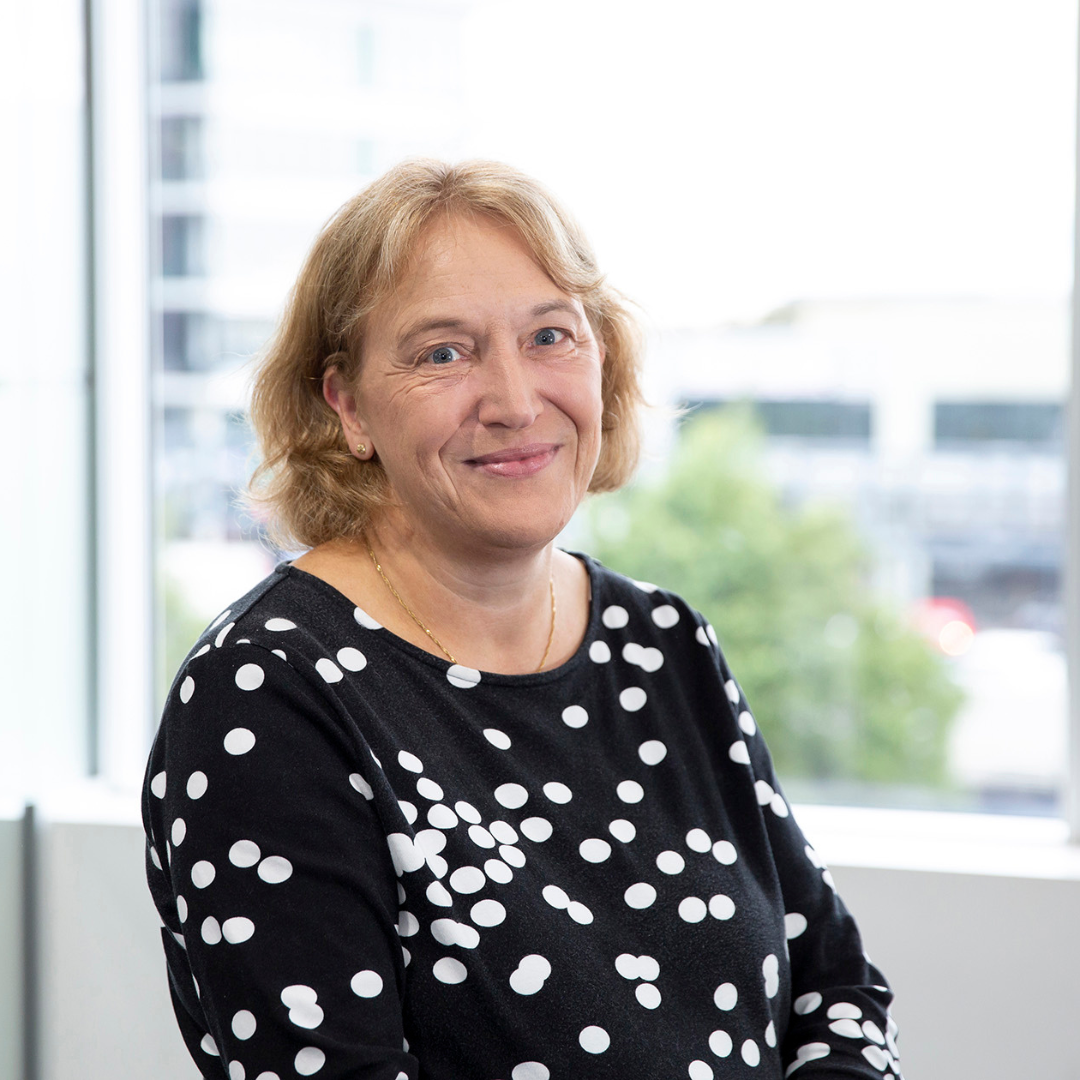
By Julia Squire, CEO Ability Options
I would like to first acknowledge the traditional owners of the lands on which Ability Options operate across the state of New South Wales and pay my respect to or First Nations people and their elders, past, present and emerging. Under the asphalt and concrete, these lands were, are, and always will be Aboriginal land.
Ahead of NAIDOC Week this week (2 July – 9 July 2023), I have been reflecting on my own introductions to the history and culture of First Nations people in Australia and how those experiences have shaped my understanding of them. Coming to Australia in 2012, as a British white woman, to lead a hospital and health service in North Queensland was a very different experience. I loved it. I wanted to share some of my reflections of this period with you today.
I’m both embarrassed and sad to say that growing up in the UK, the education system teaches almost nothing about Australian history, and even less about our First Nations people, their cultures, and history, let alone the road to recognition and reconciliation. My role in North Queensland was to look after the health of the whole population and work to reduce the inequalities and burden of disease and life outcomes – these disproportionately impact First Nations people.
I learned very early that these inequalities are deep rooted, deeply felt and really hard to improve. The statistics speak for themselves. I’d like to share a couple of experiences which really touched my heart.
The first was a visit to Palm Island to meet the mayor and talk about how our services could improve health outcomes for the people living there. He took me through their history, including that the public high school stops at year 10 with students having to travel into Townsville to continue their education.
For many, education beyond year 10 was out of reach. I asked him about the aspirations of the young men and women who grow up on the Island. He said their main aim was to live past age 65.
The life expectancy differences between children of the same socio-economic groups in Townsville compared to an island community were stark. Over 10 years on average.
It hasn’t changed much since then, despite the efforts of many in the community and in public health services.
The second experience I want to share was going to one of the regional towns where I was responsible for community hospitals. Kidney disease is a big issue in remote communities, including in First Nations communities.

When your kidneys fail, you need dialysis three times a week and you need really good water quality to make it safe.
When those things aren’t nearby, and you have to travel off country, it is expensive, upsetting and complicated.
Aboriginal and Torres Strait Islanders needing dialysis to stay alive might travel all week to get dialysis, sleeping rough in between, away from family, community and country. Consequently, they have much poorer outcomes. If I had kidney failure, living in Northwest Sydney, that is very unlikely to happen to me.
Health services and health and life outcomes should not be stacked against communities that need the most support. Learning about the past, including the approach of the British and others, the White Australia policy, the stolen generation, all of that, deepened my commitment to doing whatever I could to create a more inclusive Australia.
In my heart, respect, recognition and reconciliation go hand in hand. They are key to developing an inclusive society. At Ability Options, inclusivity is at the heart of our Mission and Vision.
This year, NAIDOC Week focusses on First Nations Elders as cultural knowledge holders, trailblazers, nurturers, advocates, teachers, survivors, and leaders and the important role they play in families and communities.
NAIDOC Week gives us an opportunity to come together and learn from First Nations Elders and the wider indigenous community to carve a path forward to inclusion together.
This NAIDOC Week, above all others, as we head towards the Voice referendum as a small step towards reconciliation and recognition, let’s reflect on what kind of society we really want, and each play our part in making that vision a reality.



